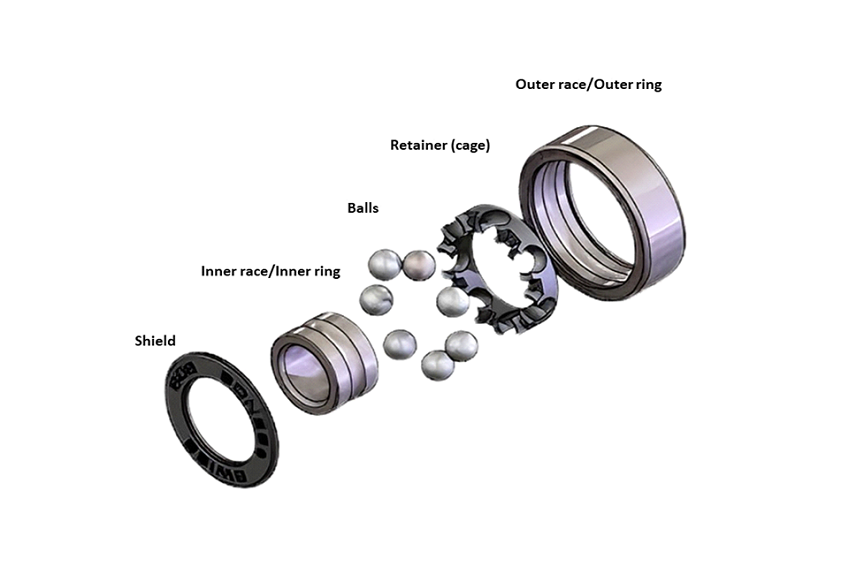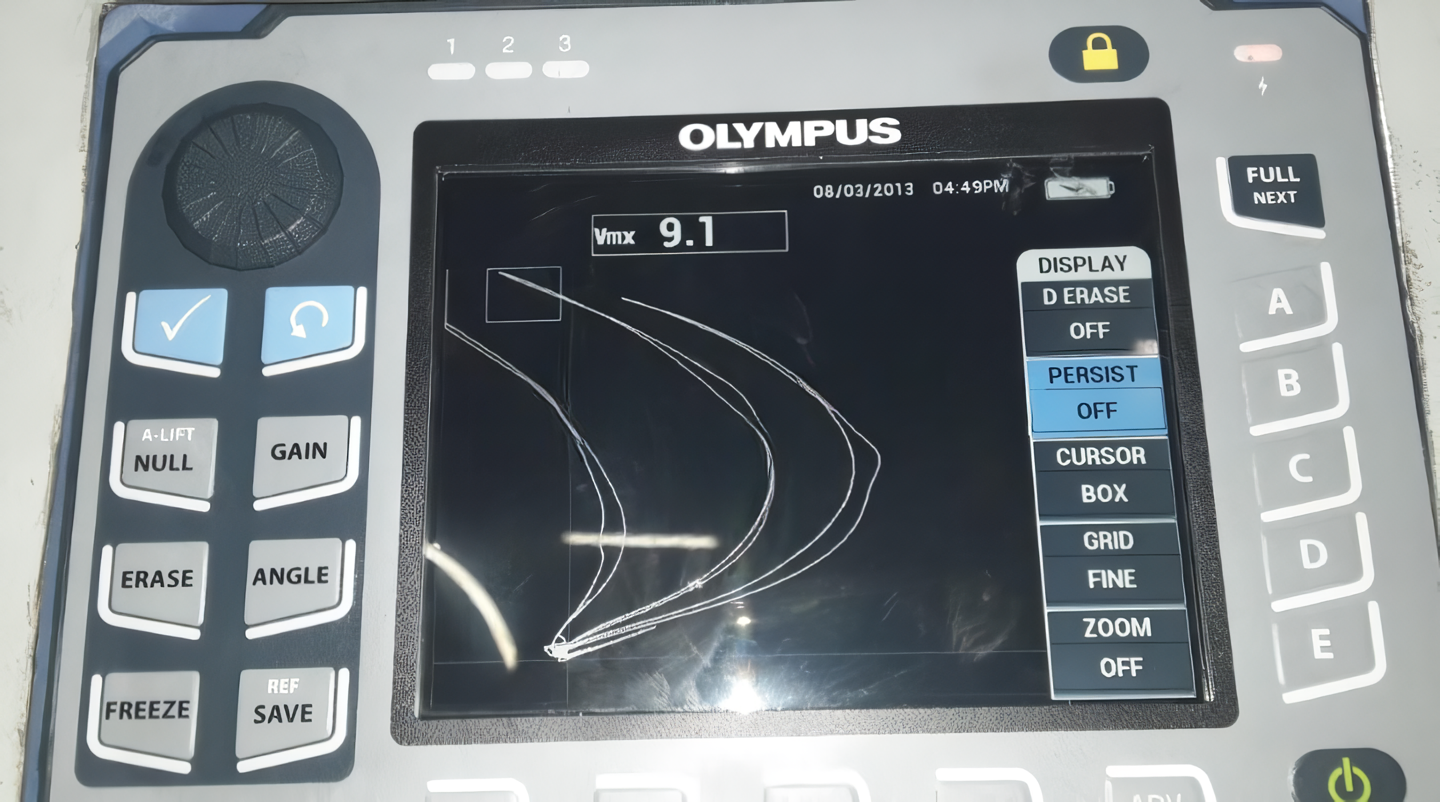RESOURCES › Application Notes - Non-Destructive Testing › Innovations in Hardness Testing for Enhanced Automotive Bearing Performance
Innovations in Hardness Testing for Enhanced Automotive Bearing Performance

The paramount importance of testing in automotive bearings cannot be overstated, given the critical role these components play in the overall safety, efficiency, and performance of vehicles. Automotive bearings are fundamental elements that ensure the smooth operation of nearly every moving part in a vehicle, from the wheels and transmission to the engine itself. Moreover, the advent of new materials, manufacturing processes, and design innovations in the automotive sector has further underscored the need for advanced and comprehensive testing strategies. As vehicles evolve to become lighter, faster, and more fuel-efficient, the bearings within them must also adapt, necessitating enhanced hardness testing methodologies to guarantee their performance under increasingly demanding conditions.
Our client’s foremost challenge was to implement online hardness sorting for their automotive bearing components, mainly focusing on the outer and inner rings. These rings undergo various processing steps such as heat treatment, quenching at different stations connected via conveyors.
The acceptance or rejection of these rings is determined by their hardness, with the criteria being:
A) Rings with a hardness of 66HRC and above were accepted
B) Rings with lower hardness levels were not accepted
Secondly, the product processing, including heat treatment, quenching, dimensional measurement, and more, was being conducted online rather than manually. They needed to ensure that the detection system could identify even those rings that had not undergone any heat treatment.


Recognizing the challenges faced by the client, Blue Star proposed a tailored Eddy Current Solution, utilizing the Nortec 600 machine and customized Eddy Current coils designed to match the dimensions of the tested rings.
Before implementation, calibration and standardization were crucial to ensure the testing system’s precision and reliability.
Blue Star introduced three hardness samples to address the concerns :
A) Rings with a hardness of 66HRC or higher were approved
B) Rings with a hardness of 56HRC were rejected and automatically diverted to a reject bin
C) Rings with a hardness of 20HRC (soft rings) were introduced, enabling ring detection without heat treatment, a critical requirement for their online processing
Our client installed the Nortec 600 machine and custom Eddy Current coils on their production line immediately after the heat treatment station. The machine was configured to provide an alarm output based on the hardness signals detected. If a ring did not meet the specified hardness criteria, the system triggered a signal that directed the ring to a reject bin, ensuring it was removed from the production conveyor. Importantly, these installed systems operate continuously, 24/7.

